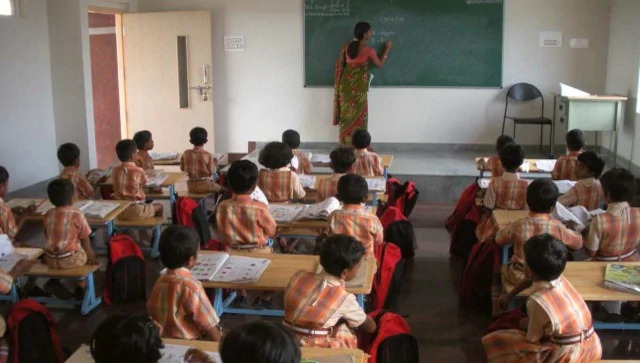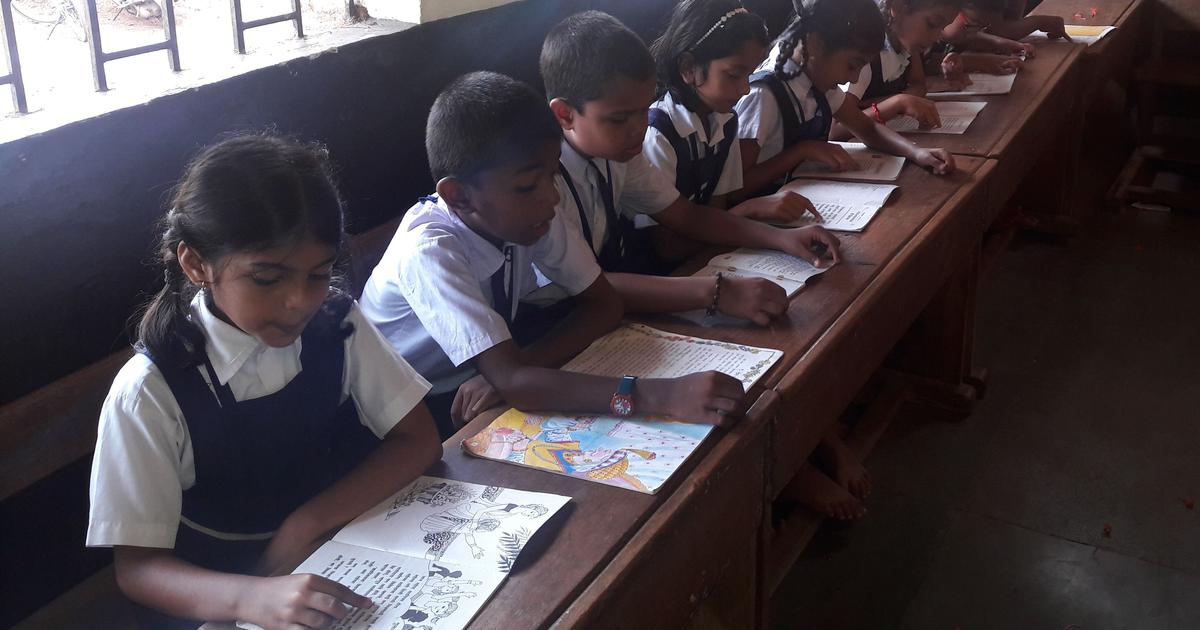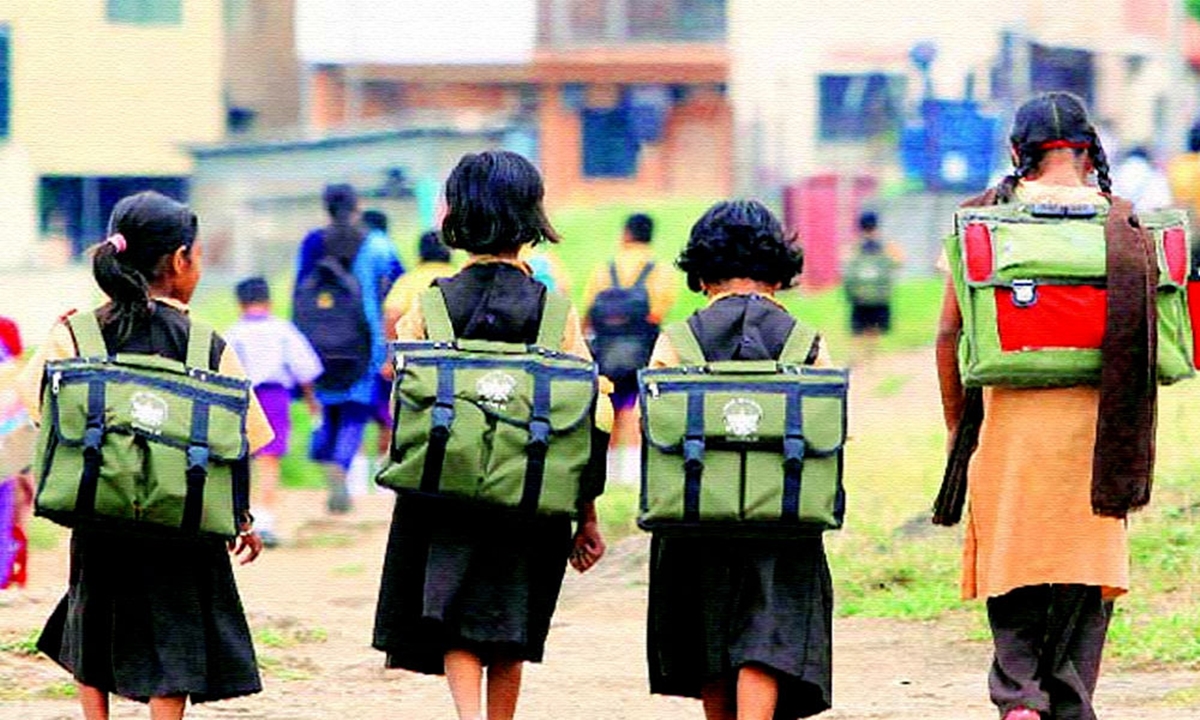
Teachers & Educators: The Springboard for Parental Engagement in Early Childhood Education
Evidence From The Field From An Upcoming Research Study
ECE & COVID-19
The importance of Early Childhood Education(ECE) in the overall development of a child is gaining increasing recognition worldwide. ECE offers tremendous opportunities for physical growth and cognitive development of children, enabling a greater possibility for overall gains in learning and retention of children in the school system.
Despite its value, the cause of ECE has received diminutive attention in India, as highlighted especially during the COVID-19 pandemic. This lack of attention is reflected in limited and unsystematic evidence during the pandemic.
Parental engagement in ECE
India’s education system was completely upturned during the pandemic, with homes turning into classrooms and parents doubling up as educators. Students in the early years of education (3-6 years of age) were unable to learn independently through digital modes, hence parental engagement in learning became extremely important. This is corroborated in a recent report by the Brookings Institution which states that the role of parents diminishes as the child grows older. In later years, the role of teachers in the formal school system becomes significant to the child’s development.
Despite the importance of parental involvement in ECE, a range of barriers exists for them to engage meaningfully in their child’s education, especially for those from marginalised backgrounds. The lack of access to resources, division of resources between children, a lack of know-how in how to teach the child as well as parental inability to make time are some of the key impediments. Thus, the success of ECE depends greatly on parents’ ability to not only engage with their children but also address their own marginalization. In order to facilitate parental engagement in ECE meaningfully, the role of local school communities becomes paramount.
Role of the school community in strengthening parental engagement in ECE – evidence from the field
This section highlights ways in which the school community as a whole (teachers, school leaders, social workers, and other educators) can facilitate parental engagement in early childhood education (ECE). Our upcoming research draws evidence from The Akanksha Foundation schools’ existing practices which emphasise the philosophy of viewing ‘parents as partners’. Their strategies, which have the potential to be replicated and scaled out to multiple other schools and educational settings, are explained below.
The 3Es of facilitating parental engagement – Explain, Engage, Evolve
Ensuring that parents believe in the importance of ECE
Having conversations with parents on the importance of ECE and the impact that cognitive and emotional learning in early years has on the long-term development of the child is the first step to get parents on board to be co-educators in the early years of their child’s learning journey (i.e. to see them as “partners”).
“At Akanksha, we have always wanted parents to be co-educators rather than just spectators in their child’s learning and development. We make it a point to break down for parents, right from their initial engagement with the school, the needs of children at different stages of growth and how they can support it.”
– A school leader
Clear roles and responsibilities for parents
In addition to familiarising parents with ECE’s importance, it is also important to help them understand their role during the early years of their child’s education and establish strong support mechanisms to enable them to achieve these goals.
“ECE, especially amidst online learning, is an intimidating time for parents. This is more so for our parents who have limited education themselves. It is important for teachers, social workers to have regular conversations with parents to support them with addressing the academic and socio-emotional needs of their children. Facilitating community connections and sharing with parents of older children or SMC members is also beneficial.”
– A lead teacher
Facilitating parental engagement in academic learning
To facilitate the involvement of parents as co-educators, their engagement in academic learning has to be facilitated. This can be achieved through conducting adult learning and literacy classes for parents. Parents can be taught concepts and skills that children are expected to work on like basic reading, writing, and arithmetic.
“Teachers are not physically present and hence we as parents have to be able to help our children with basic skills. My daughter’s school teacher has supported me with how certain words/syllables are pronounced, basic numeracy, etc. so I am geared to help my daughter. The best part is, I am learning so many new things too.”
-Parent of a junior kindergarten student
Facilitating parental engagement in online learning
In low-resource schools across the country, parents and students oftentimes fall behind in shifting to modes of online learning. This was especially seen with respect to access to devices and being comfortable with using devices. The approach that worked training parents and students how to use digital tools like zoom and google meet. Once they became familiar with using these platforms, it was important to introduce them to teaching-Learning Material (TLM) in vernacular languages.
“To ensure that parents are not alienated from their child’s learning, we share the homework written and explained in Hindi/Marathi. Parents understand what is expected and help the child with completing it.”
– A junior kindergarten teacher
Support parents beyond academic engagement
With the host of challenges brought on by the COVID-19 pandemic, local school communities must support parents beyond simply providing academic engagement tools and training programmes. Ensuring that parents and families are emotionally and physically safe is essential for the academic and socio-emotional development of the child.
A simple way to do this is to conduct well-structured and timely ‘well-being calls’ with parents at regular intervals (once a week/fortnight) to check how they are dealing with the socio-emotional challenges of lockdown, issues with discipline, academics, and overall well-being of the student. Ensuring that the family is healthy and has access to essential needs such as clean water, ration, and a source of income are essential in the worrying times we live in. To ensure the health of the family, and in turn, of the student, creating awareness on and vaccines and how to access them is also valuable for communities.
The way forward
The impetus that parental engagement has received throughout the lockdowns should be sustained and strengthened even after schools reopen. Blended learning is increasingly becoming more common and with the continued value it brings to the child not only in the classroom but also at home, the engagement of parents in ECE should be a key priority.
Further, parental engagement also positively improves family relations – be it strengthening the emotional bond between the parent and the child or improving parents’ understanding of the importance of learning. Sustained parental engagement will go a long way in developing accomplished youth and adults.
This blog is a curtain-raiser to an upcoming study by the Vidhi Centre for Legal Policy on Early Childhood Education, featuring the Akanksha Foundation’s school models of ECE delivery during the pandemic.




